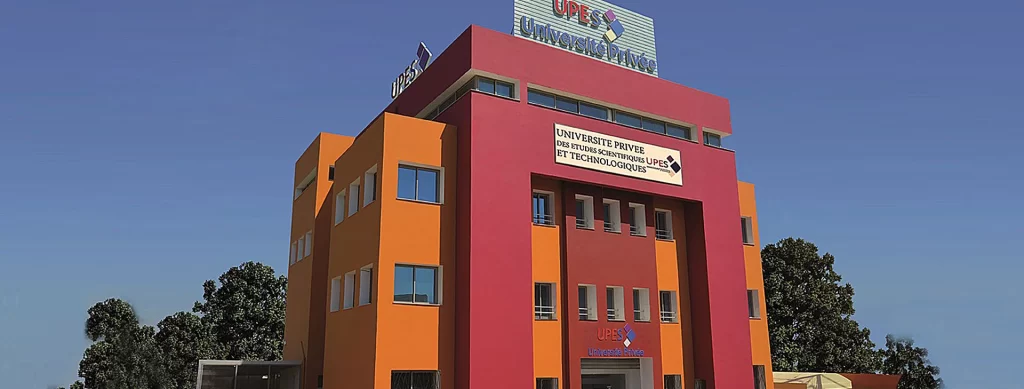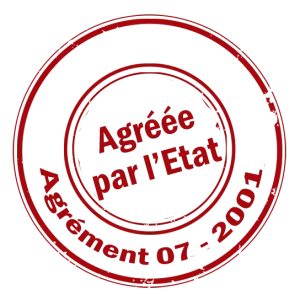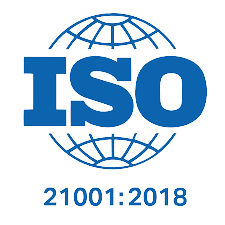Many university hostels are located near the university, which allows you, if you wish, to reside in nearby neighborhoods. The University can also help you find accommodation.
There are several types of accommodation, the price of which varies according to the neighborhood and the size of the apartment:
– The generally furnished studio including a room, a kitchenette and a bathroom: monthly rent of 400 to 500 dinars*
– The apartment consisting of two, three or four rooms, bathrooms, kitchen. It is rarely furnished and can be shared by several people: monthly rent between 400 and 600 dinars* the more spacious villa: rent between 600 and 800 dinars*
In addition to the monthly rent, there are often electricity and heating costs and, of course, telephone costs.
The rental of accommodation is accompanied by the signing of a lease which binds the tenant to the owner. This lease, which explains the rights and obligations of the tenant, generally lasts one year. This document with legalized signature at the Town Hall (Municipality) may be required to obtain your residence permit.
If you plan early enough, it is possible to reserve rooms in a private home even before your arrival. From around 50€ / bed / month.












